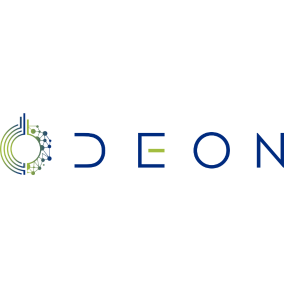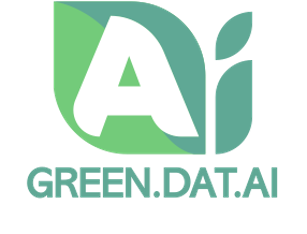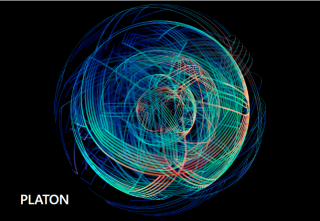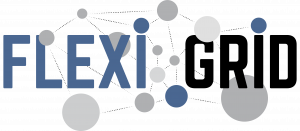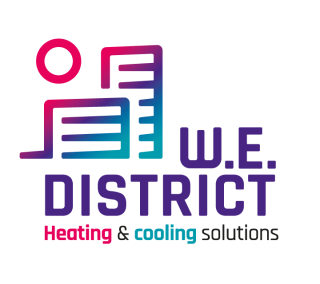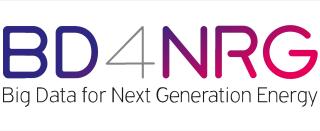
AI4Cities is an EU-funded Pre-Commercial Procurement (PCP) that has selected 41 suppliers (one of them being Atos) to design, implement and test innovative AI solutions in the fields of energy and mobility.
The selected procurer will use AI to analyse travel patterns to devise more efficient routes and timetables, contributing to a much lower environmental footprint, optimise the use of electric vehicle charging locations by giving AI based recommendations, reduce the time to assess, plan and promote investments for energy flexibility and efficiency in buildings and maximise the local renewable electricity utilization through demand side management, using buildings as distributed thermal energy storage, among other solutions.
AI4GreenBuildings is the solution provided by ATOS and selected to take part in Phase 1 of AI4Cities Energy Lot. AI4GreenBuildings aims, on the one hand, to use Artificial Intelligence to improve the energy performance of buildings and their consequent impact in terms of related greenhouse gas emissions, through a flexible energy supply (i.e. electricity, heating, ventilation, air conditioning, water) and usage in buildings. In parallel with this, it will help municipal decision-makers to create more intelligent and effective streamlined policies. On the other hand, the solution will also raise the awareness that individual citizens have about their habits and the effect in terms of energy consumption and CO2 emissions.
To address these goals, AI4GreenBuildings proposes an innovative solution to empower cities and citizens, enabling them to manage every building energy resource. AI4GreenBuildings provides an innovative Information and Communication Technologies (ICT) platform, allowing interoperability and integration of devices (e.g., meters, sensors, etc.) for the efficient management of energy generation, storage and consumption, specifically tailored for dwellings, buildings and even energy communities (or neighbourhoods). Its open, standard, and flexible design opens the door to future scalability, replicability, collaboration, and integration of external communities in a straightforward manner.
Machine Learning (ML) models will be used to exploit collected data and to create AI-powered services to optimise the management of energy resources, thus consequently lowering the overall CO2 emissions.

